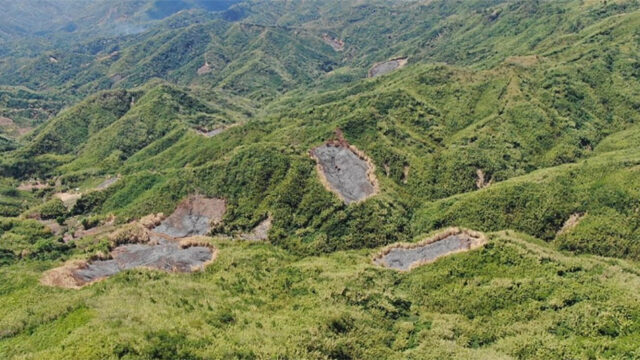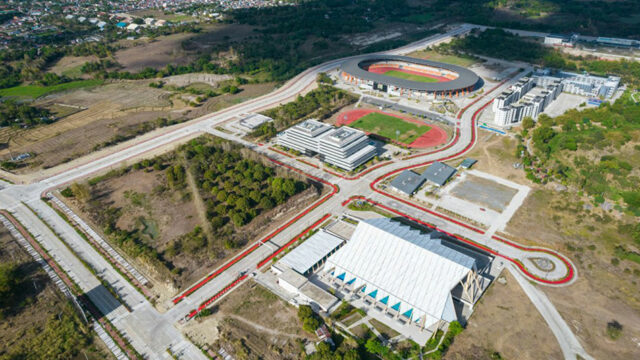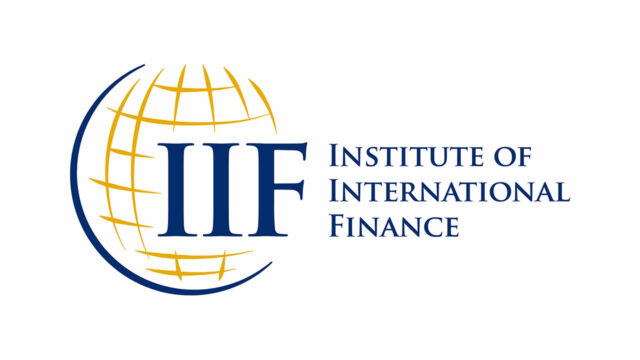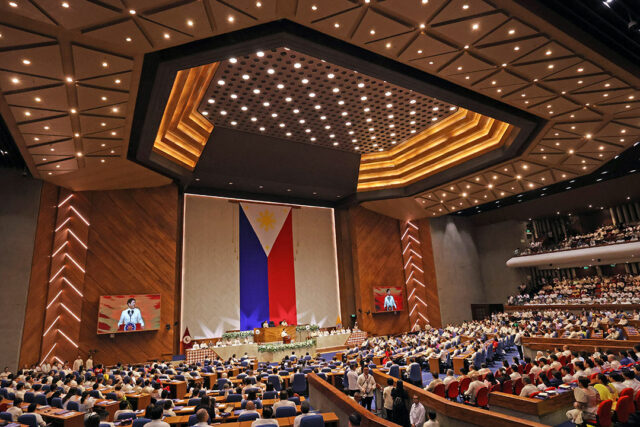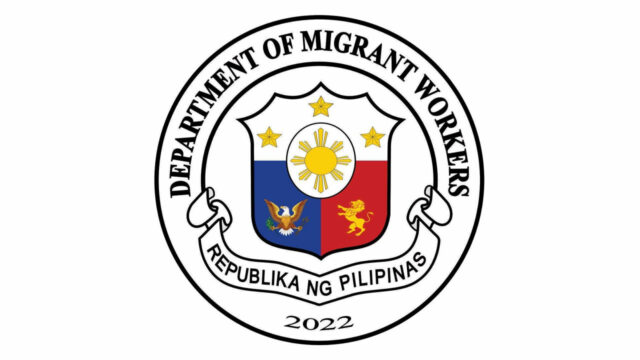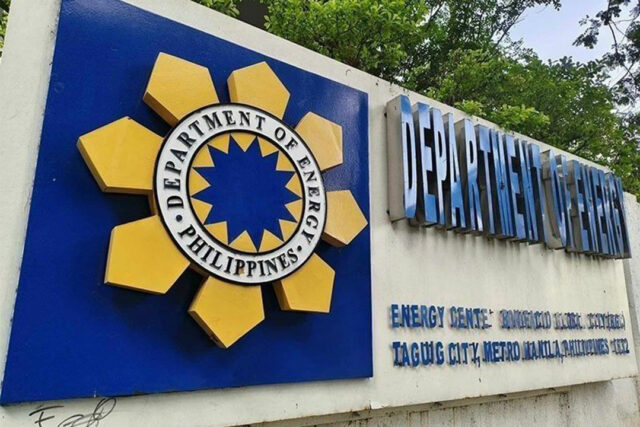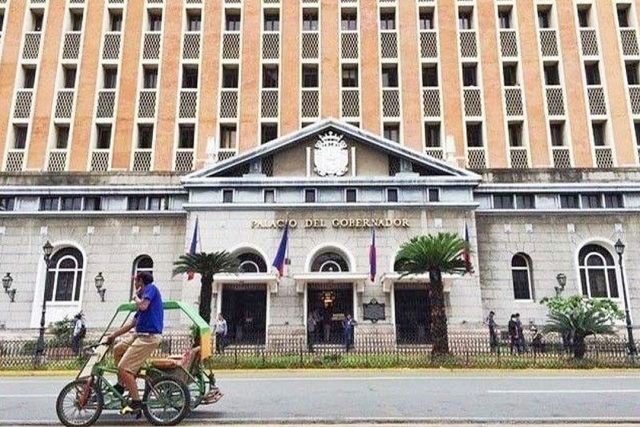Meralco to tap more WESM power following delays in CSP approval
POWER distributor Manila Electric Co. (Meralco) expects to resort to the Wholesale Electricity Spot Market (WESM) due to delays in obtaining approval to seal some power contracts via competitive selection.
“We can confirm that the DoE (Department of Energy) has not yet issued any certificate of compliance for any CSP (competitive selection process) scheduled for 2025,” Meralco Vice-President and Head of Utility Economics Lawrence S. Fernandez said on Thursday in reply to a query on the status of the company’s power procurement plans.
Meralco needs certifications for its three proposed CSPs involving 200 megawatts (MW) of renewable energy baseload power, 600-MW baseload, and 450-MW mid-merit.
The three CSPs form part of the power distributor’s 2025 power supply procurement plan to obtain over 2,100 MW between 2026 and 2028, which has already been approved by the DoE.
The CSP policy requires distribution utilities to procure power through a transparent process at a least-cost basis.
Baseload power plants generate a steady supply of electricity to meet regular demand, while mid-merit plants are designed to operate during periods of intermediate demand.
Mr. Fernandez said such delays hold up the signing and submission to the Energy Regulatory Commission of any power supply agreements (PSAs) arising from the CSPs.
“Such delays increase the possibility of Meralco having to resort to the WESM while waiting for regulatory approval of PSAs,” he said.
The WESM is where power companies can purchase electricity when their long-term contracted power supply is insufficient for customer needs. Being a spot market, it is typically more expensive source of power compared to long-term deals.
It said the delay in carrying out one of the CSPs for baseload renewable energy could affect Meralco’s ability to comply with Renewable Portfolio Standards.
At a briefing on Wednesday, Energy Secretary Sharon S. Garin said that the DoE has forwarded to Meralco the results of a review by the Philippine Competition Commission of the proposed CSPs.
She said that Meralco may not yet proceed pending compliance with the PCC recommendations.
Meralco’s controlling stakeholder, Beacon Electric Asset Holdings, Inc., is partly owned by PLDT Inc. Hastings Holdings, Inc., a unit of PLDT Beneficial Trust Fund subsidiary MediaQuest Holdings, Inc., has an interest in BusinessWorld through the Philippine Star Group, which it controls. — Sheldeen Joy Talavera




